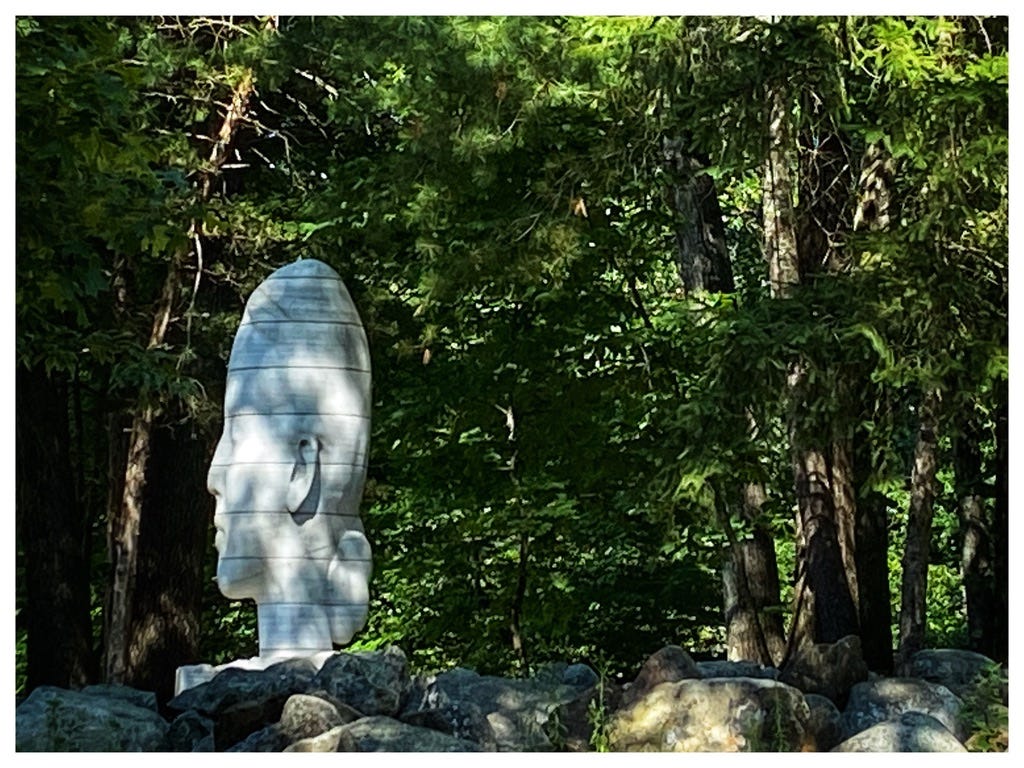Friday, the US Supreme Court reversed Roe v Wade. The same night I watched Emma Thompson in Good Luck to You Leo Grande. This morning I’m still digesting bo…
Keep reading with a 7-day free trial
Subscribe to Elderberries to keep reading this post and get 7 days of free access to the full post archives.





